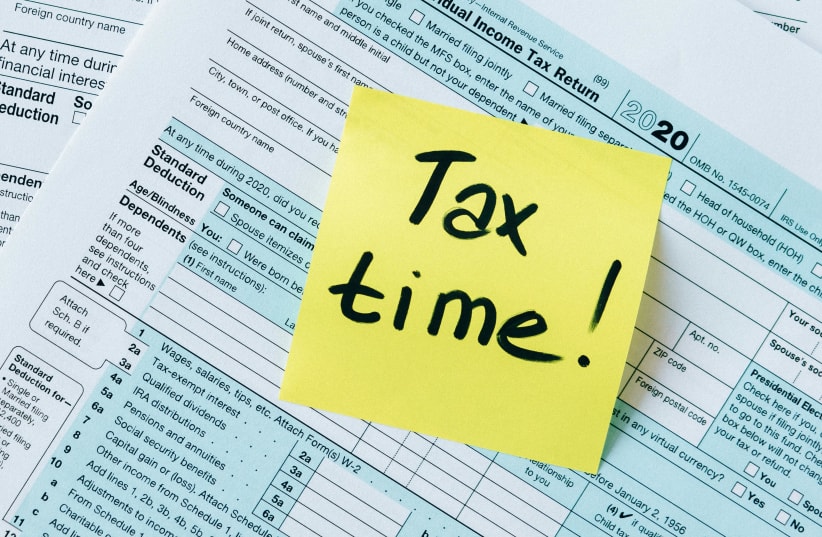Since the introduction of legal online gambling in the Netherlands, there have been discussions about the gambling tax. Proponents of higher gambling taxes argue that it might help dissuade players from gambling too much, whilst opponents of higher gambling taxes claim that higher taxes pushes players to explore avenues that lead to illegal online casinos.
Recently, proposed changes in the provisional coalition agreement are aimed at further regulating and optimizing the Dutch gaming market. These changes not only have consequences for players, but also for gambling operators. In this article we take a closer look at the proposed changes and their potential impact on the sector.
Higher taxes as a disincentive policy
One of the most notable changes as described in the budget of the provisional coalition agreement is the increase in the tax rate for gambling. The current rate will be increased from 30.5% to 37.8%. All of the earnings up to €449,- will remain exempt from taxation. The proposed changes are a response to the growing popularity of online gambling in the Netherlands. The desired effects of these changes are increasing the state’s revenue, while on the other hand also discouraging players from gambling too much. The intended revenue for the state as a result of this tax increase is estimated at €202 million per year. Whereas the government might have good intentions by discouraging Dutch players to gamble too much, their intended effect might turn out differently than predicted. Key parties from the Dutch casino industry are warning that many Dutch players might prefer to switch to online casinos known as ‘online casinos zonder Cruks’. These online casinos operate outside the Dutch judicial system, which makes it very difficult for the Netherlands to tax any winnings there.
Foreign casino tax liability remains
In addition to the rate increase, the tax liability for amounts won at the casino zonder Cruks will be maintained. This means that players themselves remain responsible for paying gambling tax on the amounts won in an online casino zonder Cruks. In reality there are very few players that report the profit they’ve made in these international online casinos. When someone plays at a casino licensed by the Dutch Gaming Authority, the casino will take care of the tax return.
Reactions from the casino industry
Reactions from the casino industry to the proposed increase in gambling tax are mixed. Many operators are concerned about the impact of the higher tax on their operations. They fear that the higher costs will lead to higher prices for consumers, which in turn could result in a decrease in the number of players.
Industry organizations such as the Dutch Online Gambling Association (NOGA) and the Association of Dutch Casinos (VNC) have given mixed reactions. NOGA has indicated that the tax increase will be a heavy burden for many Dutch online casinos in the current competitive market.
At the same time, they support stricter regulation and protection of players. Both organizations are calling for more dialogue with the government to refine the proposed changes and ensure implementation is fair and effective. In their view, the proposed 7% tax increase is a one-sided decision by the Dutch government, only aimed at short-term extra income. They miss the long term vision for the Dutch gambling industry.
Effect on channeling
An initial main objective of Dutch gambling regulation was to offer Dutch players a legal and safe alternative to various international online casinos zonder Cruks.The idea was to encourage players to play with providers licensed by the Gambling Authority, protecting them from fraud and addiction.
The proposed tax increase, however, could have an adverse effect on this channeling. Higher taxes could lead to higher prices for players, prompting them to turn to illegal, foreign operators where no tax is directly levied. This would not only lead to a decrease in tax revenue in the long run, but also to an increase in the number of players playing at unregulated providers, with all the associated risks.
Other unaccounted effects: the sport industry
While the pushback from the casino industry is expected, there is also critique arriving from more unexpected angles. One major industry that is affected by the proposed tax increase is the Dutch sport industry. Various organizations such as the Royal Dutch Cycling organization and the Dutch Olympic Committee have raised concerns about the proposed legislation. They point out that a large proportion of the Dutch sport industry is reliant on the money that is being distributed by the National Lottery. Annually, this semi-state run organization distributes €52 million of their profit to benefit various Dutch sport associations. The gambling related tax increase would mean this annual budget will decrease by €12.7 million to a mere €38.5 million. This is a massive decrease in investment into the sport industry that will have a direct effect on the performance of various associations.
Conclusion
The proposed changes in gambling tax in the Netherlands are a step towards stricter regulation and better consumer protection. However, the impact on the market and channeling must be carefully monitored. It is essential to find a balance between increasing tax revenue and maintaining an attractive and safe gambling market for players. By learning from the experiences of other European countries, the Netherlands can develop an effective and balanced policy.
With a well-considered approach, the Netherlands can address the challenges of the gambling market and ensure a healthy and safe environment for both players and operators.
This article was written in cooperation with CasinosZonderCruks
